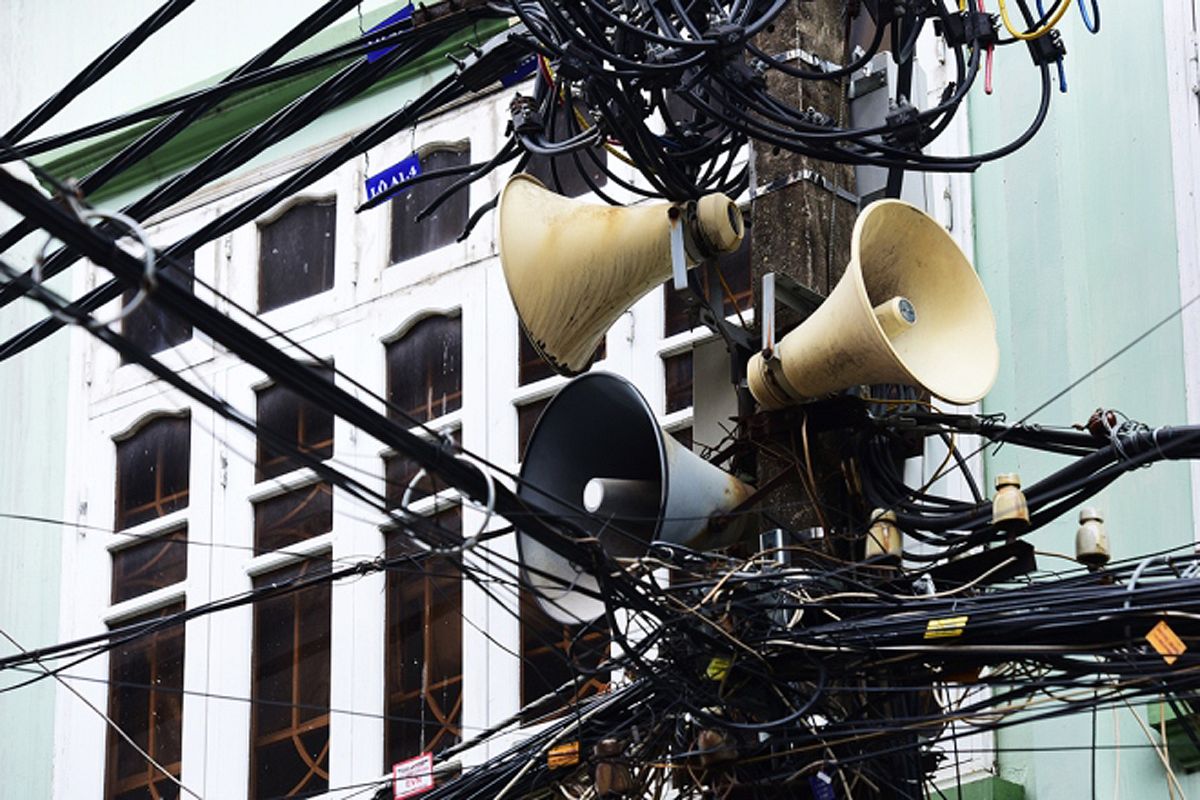Despite having little money, many members of Vietnam’s Generation Z spend a large percentage of their budget on eating out.
According to a study by Decision Lab, Vietnamese youths born between 1994 and 2002, defined as Generation Z, spend an average of VND892,443 (US$40) a month eating away from home. The market research group polled 6,000 respondents from the age bracket in Hanoi, Da Nang and Saigon.
The results show that while 56% of those surveyed earn no money or make less than VND3 million (US$132) per month, they still prioritize eating at street food stalls and restaurants over meals at home. This behavior is increasingly commonplace. In Q3 of 2016, individuals in this age group went out an average of 91 times, while in Q3 of 2017 that figure was 133. This increase expanded the group's overall market contribution from 14% to 19%.
These youths aren’t simply eating out more, they are also making different dining choices than previous generations. Compared to other Vietnamese, they prefer canteens and convenience stores, while visiting fast casual restaurants and street food stalls less often. Vietnamese restaurants, bakeries, chicken restaurants and pizza parlors are most popular, with fast food restaurants comprising 25% of their meals.
Unlike older citizens, who prefer to sip on coffee or alcohol, Generation Z is milk tea obsessed. Per capita, they drink over 30% more milk tea than older groups and nearly 50% less coffee. This trend shows no sign of slowing, and the study noted a 117% increase in milk tea consumption by the group between 2016 and 2017.
It’s not just what and where members of Generation Z consume food that differs from previous generations, but also when they eat. Unlike other age groups who adhere to set schedules for meals, these youngsters place equal emphasis on grazing. They spend more on morning snacks than breakfast, more on afternoon snacks than lunch, and only slightly less on late night snacks than dinner.
While Generation Z is more tech-possessed and tech-savvy than any group before them, the report claims they still rely on traditional recommendations for making their food choices. Some 72% of them trust the suggestions of parents or experts while fewer than 20% follow the advice of social media posts or online reviews.
These spending trends have drawn some criticism from older people. VnExpress reports that some people aged 28-40 who have already been working for some time are quick to condemn Gen Z for their "wasteful spending". The slightly older group grew up between the 1970s and early 1990s when economic conditions were more difficult and therefore frugality was seen as a necessary and even commendable trait.
Phan Tuong Yen, a psychology lecturer at Hoa Sen University in Saigon, told the newspaper: “What we see here is an interesting generational gap, but not the gap between parents/grandparents and their children. It’s much closer than that and it’s clearly a conflict of personal values." He added that Generation Z “feel[s] they are part of this booming wealth, more so than in the earlier days of austerity” and therefore have different concepts of freedom and spending.
[Photo via Straits Times]















